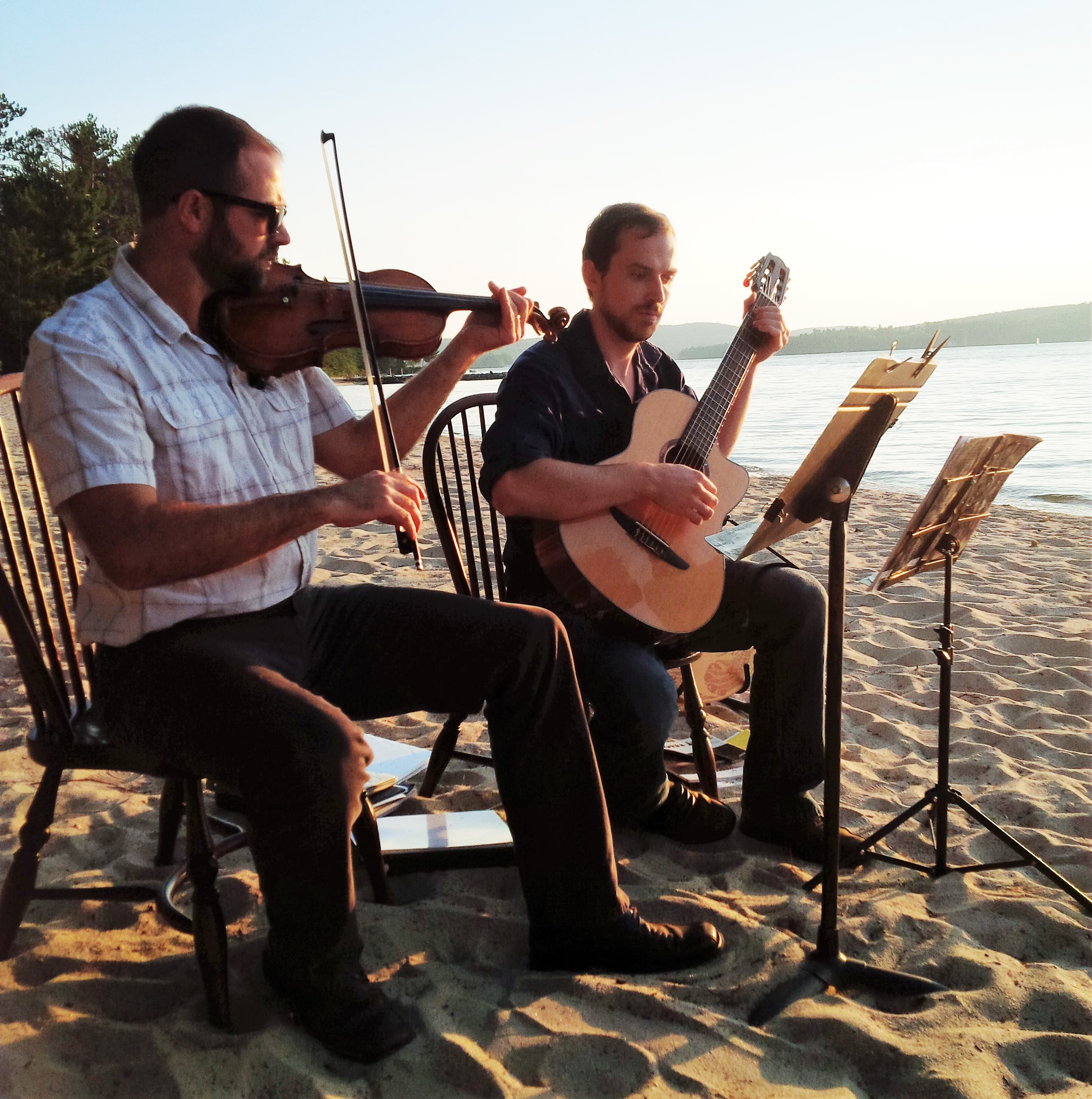Tip # 3
Performing
Recently I’ve noticed that I don’t particularly get nervous like I did when I was first performing as an 18-22 year old in college. I do still get nervous when I’m doing something new or out of my comfort zone. But in general performances where I am playing songs I’ve done many times, I don’t get nervous. However, I do have an “excitement” that drives me to do my best. The way I distinguish between nerves and excitement is that nerves typically negatively affect the performance while excitement puts you in a great musical mood where you want to create music for (or with) your audience.
An example of nerves: My university has “applied music hour” which is a lunch hour performance class that most music students have to take. As a sophomore I had to play once a semester and the number of performances increases based on grade year. The first couple of performances I had resulted in many missed notes, forgetting whole sections and lots of bad technique on my guitar. I would have a racing heart, sweaty palms, sometimes forget to breathe for 30 seconds or more, and I would be nauseous. Then as soon as I got off stage I would have instant relief and not want to do it again. Why was I a music major but hated performing?! Well performing doesn’t have to be a nerve filled awful experience. Which brings me to my tips for performing and how to turn nerves into excitement.
Know the music!
Hopefully before you perform you have taken the steps of practicing well and preparing your music (whatever style or instrument you play). I’ve played in bands, ensembles and solo. Each of those settings have had different types of preparation and performance. When you enter a performance you should feel comfortable with your part no matter how big or small it is. The expression “know your music inside and out” is pretty accurate for performing. Before you perform you shoudn’t be asking questions like, “what are the lyrics of this whole verse” or “what are the chords of the chorus.” I think it’s fine to ask smaller questions like “what are the dynamics of this part” or “what am I trying to convey with the lyrics” before performing because overall that doesn’t make or break the song.
I’ve met really cut and dry people who are not that great at interacting with people. But because they know the music really well, they are able to communicate on another level. Sometimes letting music speak for itself is enough. But other times you need more…..
Create Good habits before performing
One reason my heart would race before performances is because I wouldn’t breathe properly! The human body is affected drastically when it doesn’t get enough airflow.
In addition to heart rate increase there is an increase of tension. I think there is a more sciency explanation somewhere. But muscles hold in carbon dioxide and doing consistent deep breaths before performing help to alleviate tension. Similarly to cramming for exams the night before, trying to learn a lot of music right before the performance isn’t always the best way to go about it. I find that having an abbreviated practice session and then just warming up 30-60 minutes before I perform is a good way to go.
Be Organized and concise
One thing that always bothers me at performances is when the performer stumbles around looking for an extra page of music, or has 3-4 different folders they shuffle through. Think about the placement of your music before hand and any introductions or comments you are going to say about the pieces. Even when I play in pubs I usually have something I say about a particular song I wrote or if a piece is interesting. You’d be surprised what people can learn even in a noisy bar.
Practice performing at your house/practice space
Some people give others a hard time for singing in the shower, or practicing singing in front of a mirror, but if you don’t perform very often how else are you going to learn? In addition to playing for my close friends, I try and set up/have the mindset of performance at least once a week. Some things I do to put me in the mindset of performance: play guitar through my amp, record a video or record an audio file of some music I am working on and wear the clothes I would perform in.
Perform! (Duh)
Once you feel comfortable with the music and know how to treat yourself before you perform, you should just perform! When I was first learning guitar I would perform all the time, at churches, jam sessions, school talent shows, open mics etc. Even though I was really bad. I remember the first time my pastor asked me to play silent night on the guitar and he told this really inspirational story…. then I took about 2-3 minutes to stumble through the first verse of the song. Afterwards without commenting on my performance my sister says, “you will get better.” But then I played silent night every Christmas for the next 3 years and by the third year I was playing a finger style (much harder than just playing the melody) arrangement of the piece. Once I got more experienced I started planning my own shows, playing at venues and so on. Most people and beginning musicians think a performance has to be this mind-blowing experience where you wow the audience. But in reality most musicians have a gradual progression where they get better and better. I’ve read several musician biographies and watched several documentaries and many many “legendary” performers started out just jamming in their living room or with their friends in their garage.

